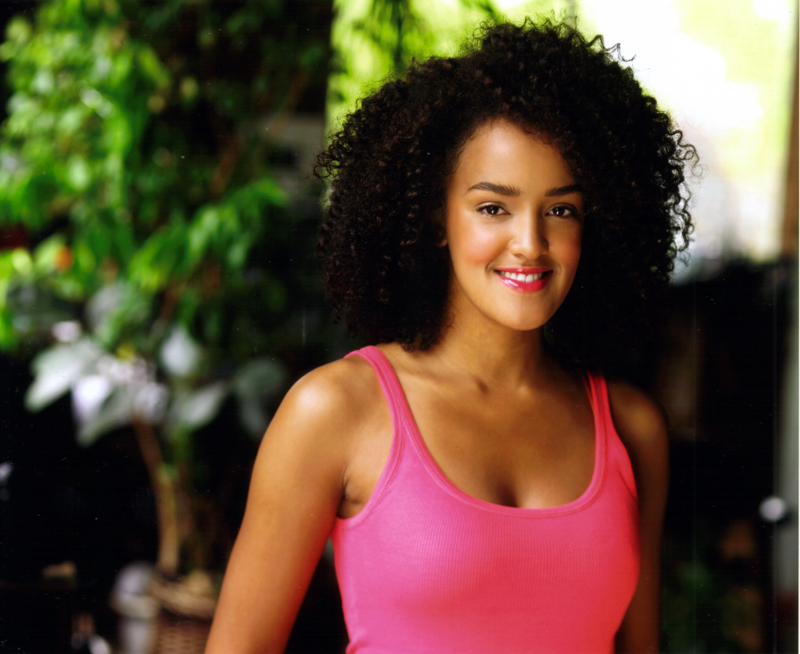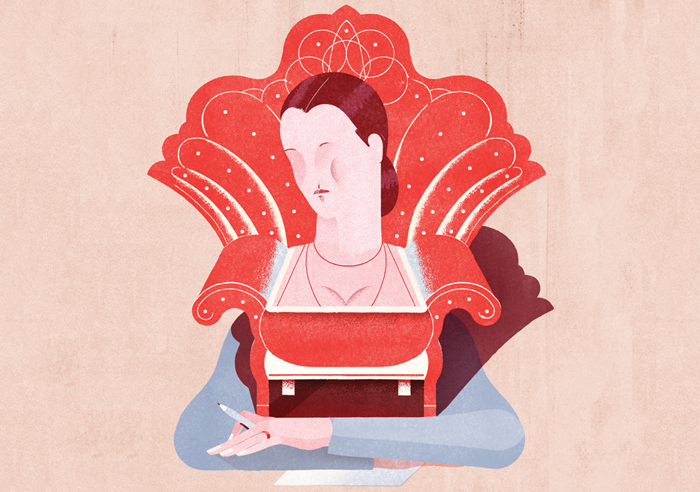On Returning to The Last Wife, by Bahia Watson

It’s always new. With theatre, with great writing, it’s always new. Old choices have to be reconsidered, new choices have to be made. Every moment has to be navigated through; feelings found again. This is a good thing.
It’s been over a year since we premiered and closed The Last Wife at the Stratford Festival and a lot of evolution (or devolution) can happen in a trip around the sun. While we are blessed to be reunited with almost the entire star-filled company, the truth doesn’t stay put, that’s what I’m learning. Truth moves as context widens with time, for those who pay attention. The world is different today than it was when we first dove into the court of the Tudors and the life and often neglected contributions of Katherine Parr. For myself, I can say that my relationship to, and understanding of, power structures have broadened (for one, I’ve been introduced to Noam Chomsky). The fact that a man named Donald Trump has become president-elect of “the most powerful nation in the world”, winning against the most qualified presidential candidate in US history – who also happens to be a woman – changes the exploration of oligarchy and monarchy and patriarchy. I continue to be awakened to the diverse and persistent forces that seek to suppress the female half of our species, and alienate them from power.

And then there’s Bess, the princess I have become very acquainted with and will continue to grow within this summer in the subsequent piece to this play: ‘The Virgin Trial’. Elizabeth I, future Queen of England, who ruled well and long and, ignoring precedent and resounding advice, chose not to marry because she knew that a man at her side would only serve to undermine her power and destiny. What a fascinating amount of self-confidence and self-assuredness she must’ve held to defy those expectations – especially considering this was five hundred years ago. At the same time, I can’t help but see how little has changed since then. She is still, in many minds, an exception to the rule of women, which is, according to patriarchy: being less capable and deserving than men at holding and wielding power.
It’s so funny though – in the perplexing (and vexing) and not haha way – because all I see around me are women who seriously rule. And then I find myself back where I was when I first read this play: in a refreshing imagining of history according to Kate Hennig, the playwright. Alongside her we continue onwards, lit with a determination to break through, to make change, to rule, and to resist any assumptions to the contrary.
The Last Wife is on stage January 20 – February 11. Learn more here.